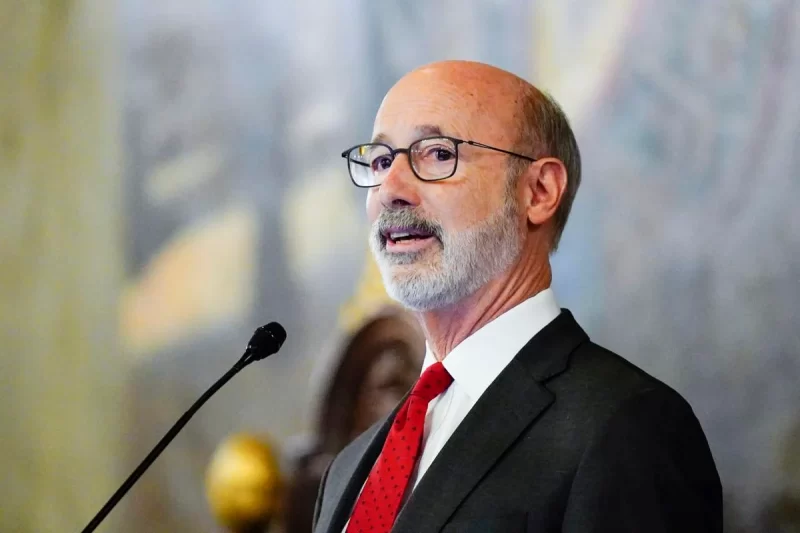By Anthony Hennen | The Center Square
(The Center Square) – How Pennsylvania leaders will spend the rest of the state’s $1.7 billion from the federal American Rescue Plan Act remains unclear, with both sides maligning the spending priorities of the other.
Democratic Gov. Tom Wolf released a plan in February that would use the funds in five different areas:
- $500 million for child care and expenses related to earning a degree, credential, or license.
- $450 million for environmental conservation and recreation.
- $325 million for health care (recruitment and retention, behavioral health, and student loan forgiveness).
- $225 million for small business support.
- $204 million for property tax relief for low-income renters and homeowners.
“My plan will not only help Pennsylvanians recover and rebuild financial security for themselves and their families, but it will improve the quality of life for Pennsylvanians for generations to come,” Wolf said.
Wolf’s argument has been that Pennsylvania’s budget is healthy and federal money should be spent for immediate needs.
“That money is sitting around, not helping anyone right now and at a time when the people of this Commonwealth are hurting, that’s just wrong,” Wolf said at a March 24 press conference.
Republicans, pointing to an analysis from the Independent Fiscal Office, have been less optimistic about the state of the budget.
“The proposals by the governor and Democratic leaders were developed in a fiscal fantasyland where concern for future fiscal years apparently doesn’t exist,” said a joint statement from joint statement from Rep. Bryan Cutler, R-Lancaster; Rep. Kerry Benninghoff, R-Centre/Mifflin; and Rep. Stan Saylor, R-York.
Instead of Wolf’s spending plan, they pointed to investments in health care and said they would “prudently use taxpayer resources to move Pennsylvania ahead.”
The Pennsylvania state government received about $7.3 billion in ARPA funding, almost 8% of its total spending in fiscal year 2020, according to the Commonwealth Foundation. The state is compelled by federal law to spend its remaining ARPA funds by the end of 2024.
